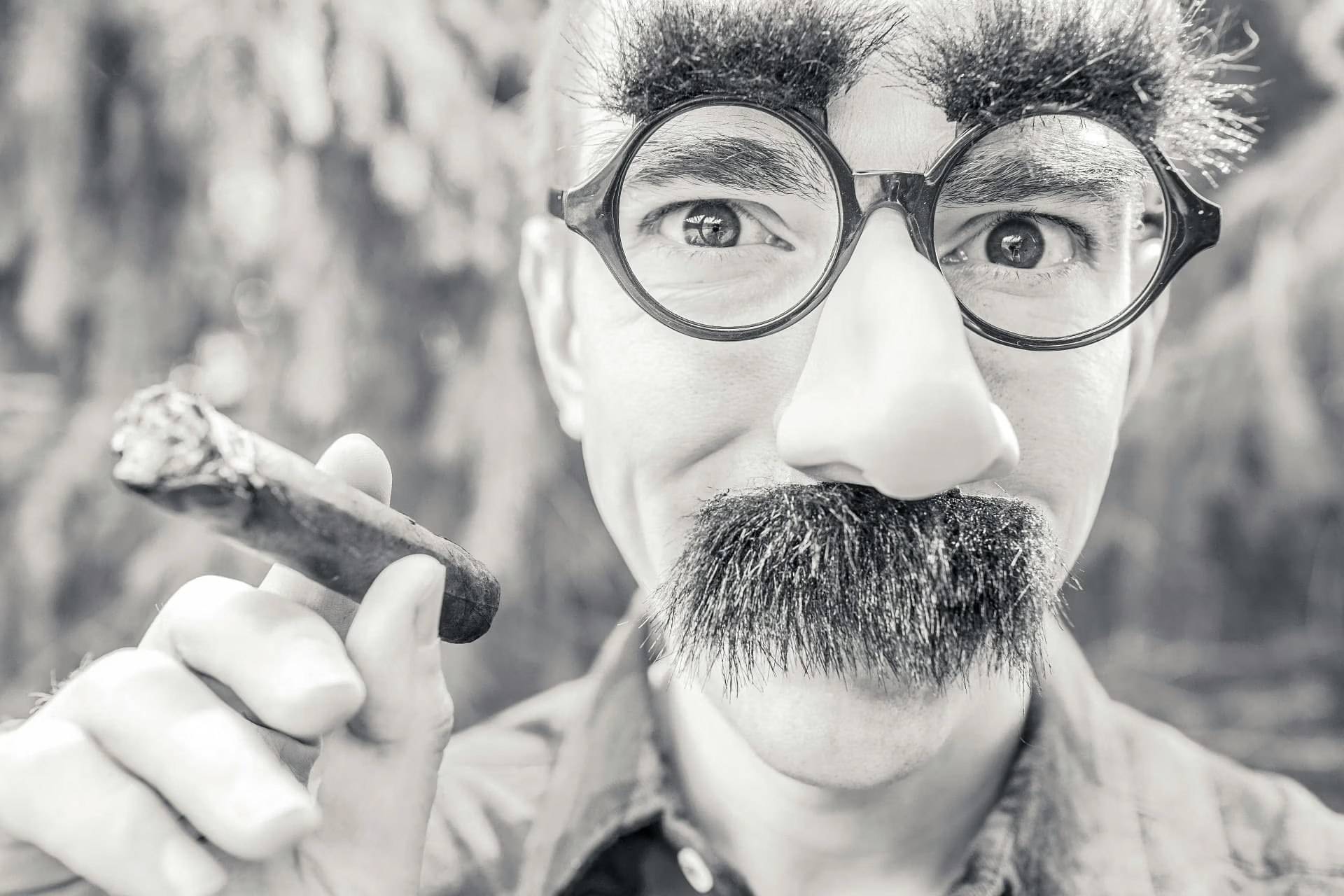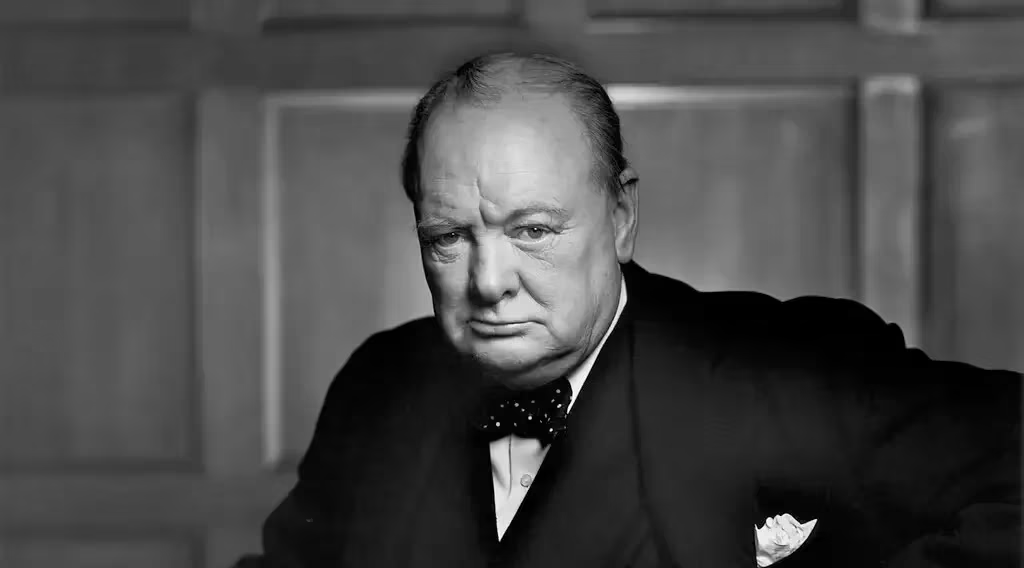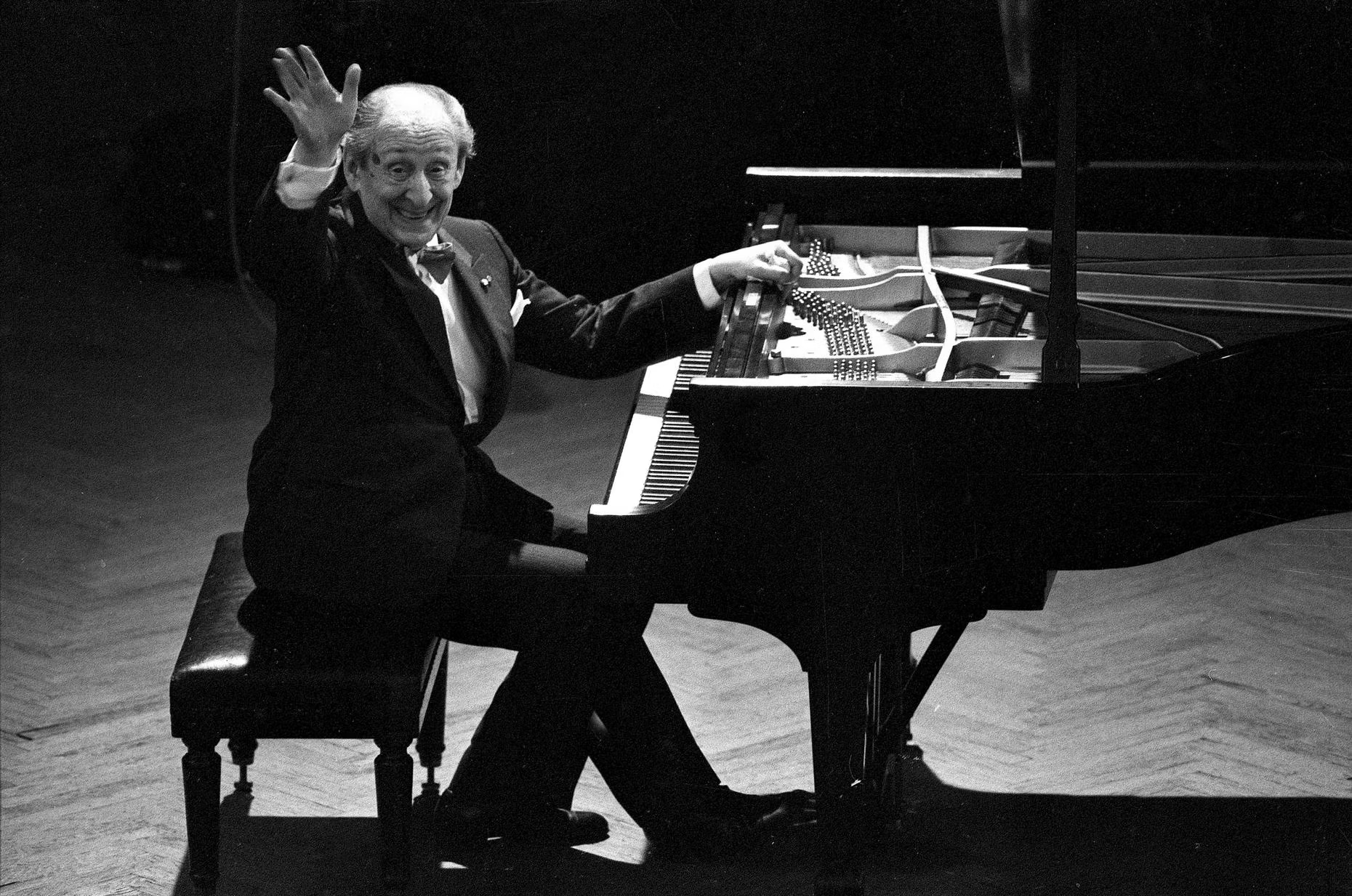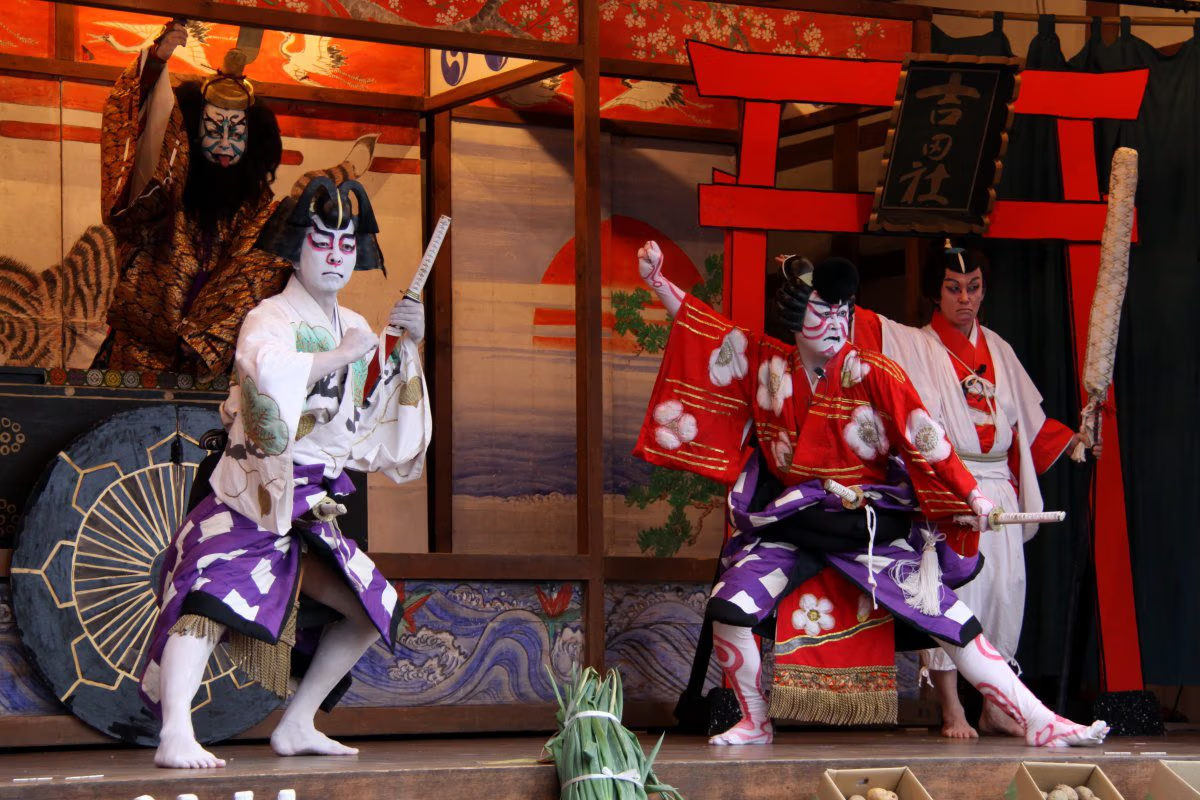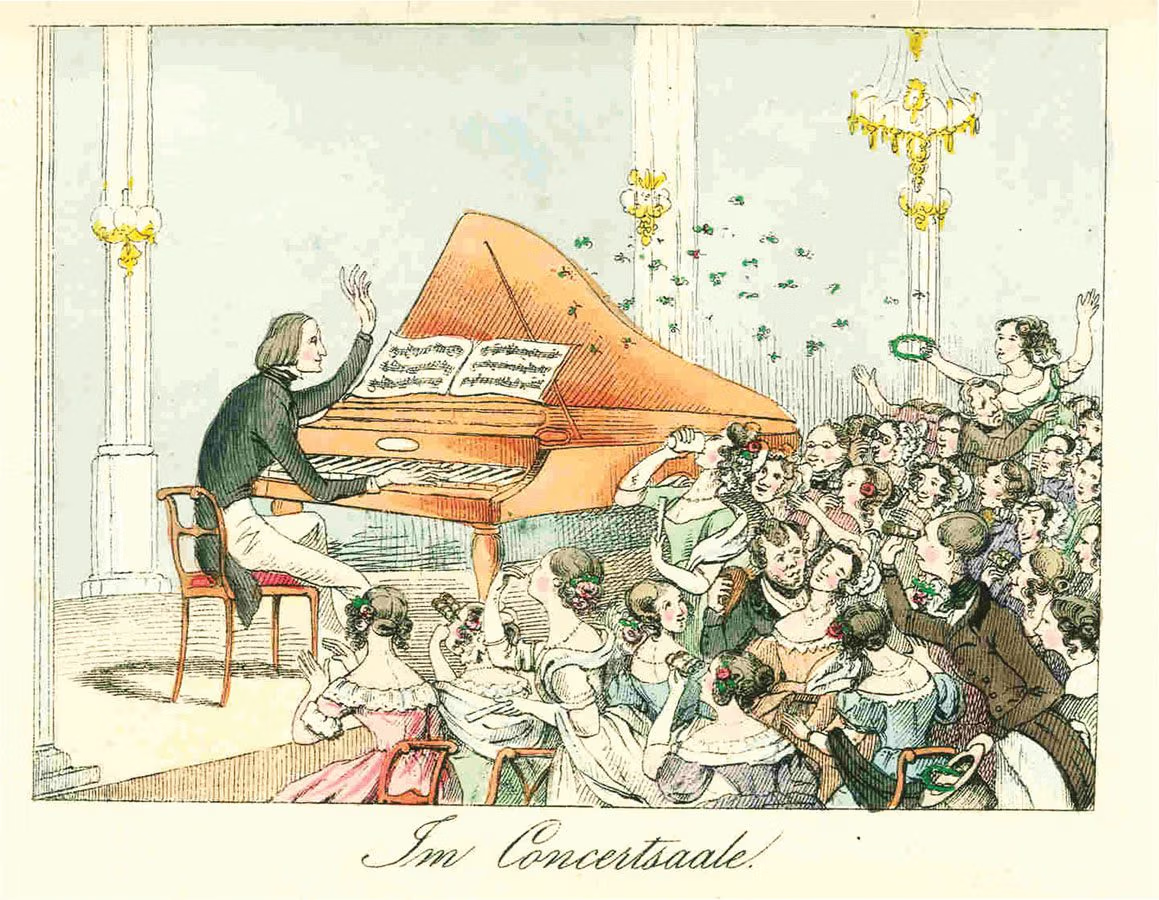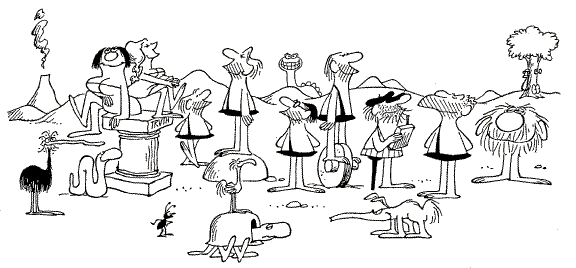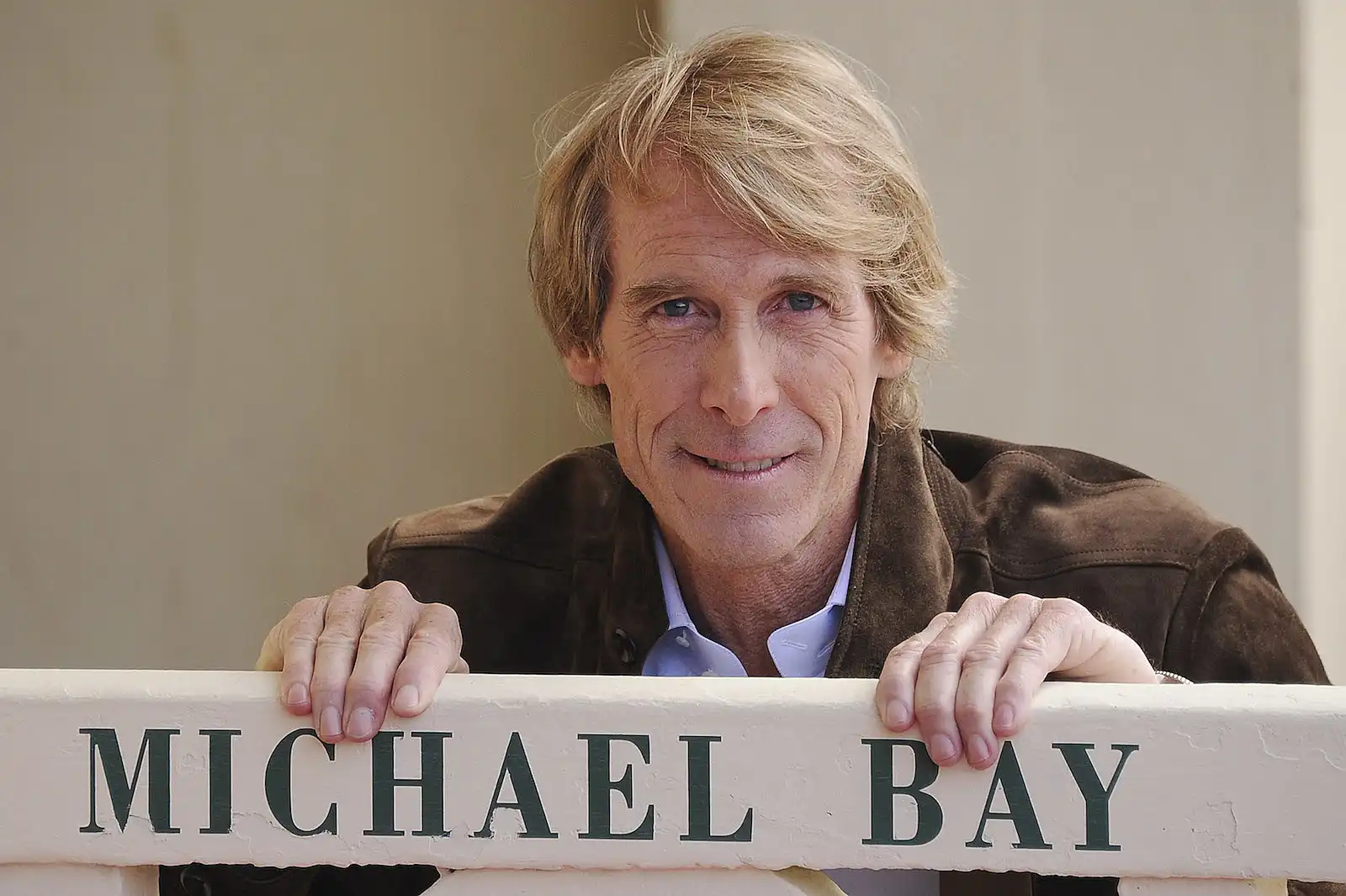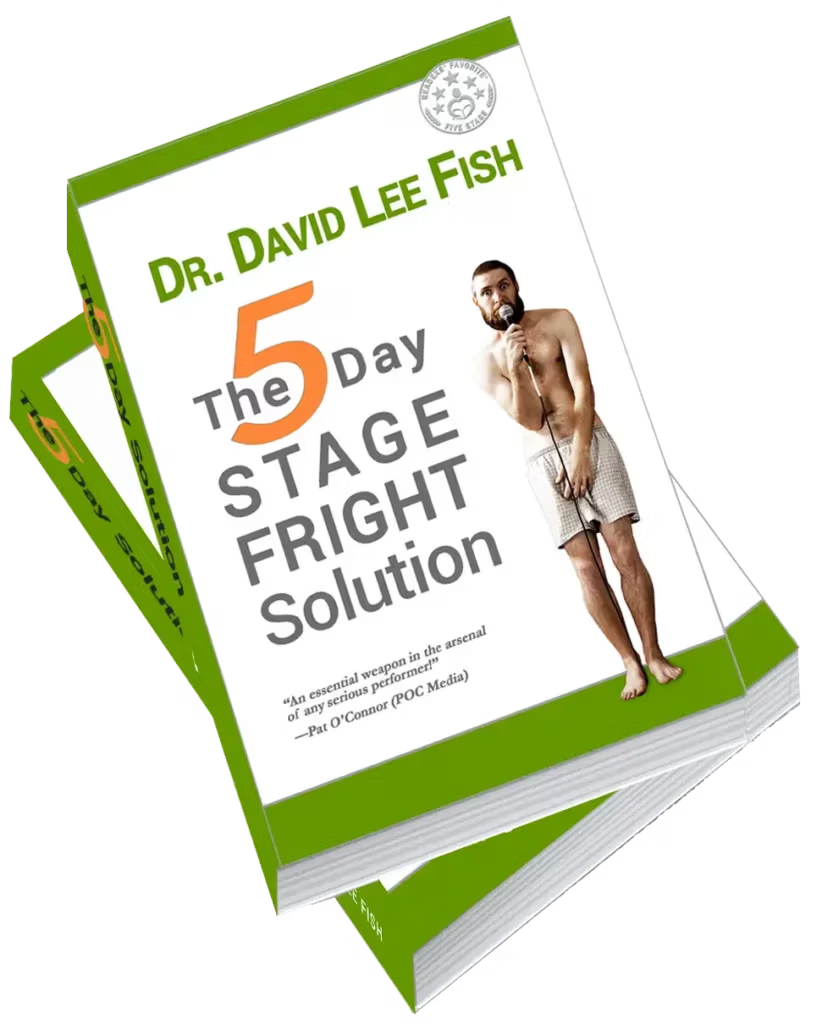Stage fright—also known as performance anxiety—has been part of the performing arts for ages. Even seasoned actors, musicians, and public speakers can experience it. This phenomenon causes intense fear and nervousness before or during a performance. Here, we explore the history of stage fright, notable instances, and its impact on performing arts.
Ancient Beginnings: Stage Fright in Ancient Greece and Rome
The roots of stage fright trace back to ancient times. The earliest performances in ancient Greece and Rome involved large audiences. Consequently, the pressure to perform well was immense. Greek tragedies and comedies, performed in amphitheaters, could hold thousands of spectators. Actors needed to project their voices and emotions convincingly. Ancient texts suggest they experienced nervousness and anxiety, similar to today’s performers.

For more on ancient Greek theater, visit the Ancient History Encyclopedia.
The Shakespearean Era: Stage Fright on the Elizabethan Stage
During the Renaissance, stage fright was still common among performers. William Shakespeare‘s plays were performed in bustling theaters like the Globe. Thus, audience expectations were high. Despite their talent, actors often feared forgetting lines or failing to engage the crowd. Some would resort to drinking alcohol to calm their nerves before going on stage.
Learn more about Shakespearean theater at the Shakespeare Birthplace Trust.
19th Century: The Rise of Celebrity Culture and Stage Fright
In the 19th century, celebrity culture in the performing arts rose significantly. Famous actors and musicians like Sarah Bernhardt and Franz Liszt were adored by fans. However, this adoration came with heightened expectations and pressures. Franz Liszt, a virtuoso pianist, suffered from severe stage fright. Despite his talent, he often felt anxious before performances, worrying about living up to his reputation. This era highlighted a paradox: the more celebrated the performer, the greater the anxiety.
For insights on Franz Liszt’s career, check out the Franz Liszt Society.
20th Century: Psychological Insights into Stage Fright
In the 20th century, psychology began shedding light on stage fright’s causes and effects. Sigmund Freud and other psychologists explored the human mind’s response to fear and anxiety. Performers like Laurence Olivier, one of the greatest actors of the 20th century, openly discussed their struggles. Despite his commanding presence on stage, Olivier experienced intense anxiety before performances. He even required medication to manage his symptoms.
Learn more about performance anxiety from the American Psychological Association.
Modern Times: Stage Fright in Contemporary Performers
Today, stage fright remains a universal experience. Even globally recognized artists like Adele and Barbra Streisand have spoken about their struggles. Adele has admitted to vomiting before some shows due to nerves. Barbra Streisand took a long hiatus from live performances after forgetting the lyrics to a song during a concert in 1967. This incident profoundly affected her.
For more about famous performers and their experiences with stage fright, visit Psychology Today.
The Impact of Stage Fright on the Performing Arts
Stage fright significantly impacts the performing arts. While it can be debilitating, it has led to greater understanding and support for performers. Many artists have developed methods for coping with stage fright, such as mindfulness and breathing exercises or seeking professional therapy. This ongoing dialogue helps demystify the condition and fosters a supportive environment within the arts community.
Notable Instances and Anecdotes of Stage Fright
- Sarah Bernhardt: Known as “The Divine Sarah,” she was one of the most famous actresses of the 19th century. Despite her fame, she often experienced stage fright, managing it by focusing intensely on her character and performance.
- Lucille Ball: The beloved star of “I Love Lucy” dealt with severe stage fright throughout her career. She often felt physically ill before performances but used her humor and professionalism to push through.
- Bette Midler: The multi-talented performer has openly discussed her battles with stage fright. She once said, “I get stage fright and gremlins that make me nervous, but I always try to look on the bright side and keep going.”
Conclusion: Embracing Stage Fright in the Performing Arts
Stage fright has been part of the performing arts for centuries. It affects everyone from ancient Greek actors to modern-day superstars. Understanding its history helps us appreciate the bravery and resilience of performers. While stage fright can be a formidable obstacle, ongoing conversations about it have led to better support systems. As we continue to explore this phenomenon, we can foster a more compassionate environment for performers everywhere.







